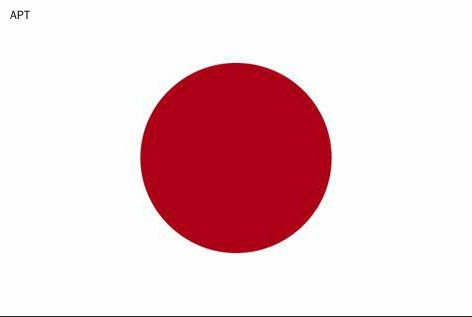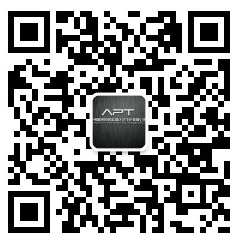
Japan's automotive market access certification system ensures vehicle safety and environmental compliance through government-mandated technical standards. The system comprises three key frameworks:
Type Designation System (TDS)
Common Structure Type Designation System
Preferential Handling Procedure (PHP)
TDS and the Common Structure Type Designation System are standard type-approval processes, similar to China’s vehicle market access certification. PHP is a streamlined procedure for imported vehicles with annual sales under 5,000 units, introduced to facilitate imports.





Japan's Automotive Compliance Certification System
Japan's automotive market access certification system ensures vehicle safety and environmental compliance through government-mandated technical standards. The system comprises three key frameworks:
Type Designation System (TDS)
Common Structure Type Designation System
Preferential Handling Procedure (PHP)
TDS and the Common Structure Type Designation System are standard type-approval processes, similar to China’s vehicle market access certification. PHP is a streamlined procedure for imported vehicles with annual sales under 5,000 units, introduced to facilitate imports.
1. Type Designation System (TDS)
TDS covers both vehicle type approval and component type approval, targeting mass-produced domestic and imported vehicles. It is Japan’s most rigorous certification framework.
Process Overview:
Application Submission: Automakers submit certification requests and test vehicles to the Ministry of Land, Infrastructure, Transport and Tourism (MLIT).
Document Review: MLIT reviews technical documentation and defines testing requirements.
Compliance Testing: The Automobile Certification and Inspection Association conducts safety standard compliance checks and audits the manufacturer’s quality control system.
Type Approval: Upon approval, MLIT grants Type Designation.
Post-Approval Compliance: Manufacturers conduct final inspections on each vehicle to ensure adherence to safety standards, issuing a Completion Inspection Certificate.
Registration: Vehicles with TDS approval bypass on-site inspections during registration and require only the Completion Inspection Certificate.
Most imported vehicles enter Japan via TDS.
2. Common Structure Type Designation System
This system, abolished in March 2021, previously applied to trucks and buses with diverse specifications. Its process mirrored TDS but required on-site vehicle inspections during registration. Post-production inspections focused on unique functional and operational features rather than common structural components.
3. Preferential Handling Procedure (PHP)
PHP simplifies certification for low-volume imports (<5,000 units/year):
Reduced Documentation: No quality management system audits.
Faster Approval: MLIT issues a Notification Completion Certificate after PHP compliance is confirmed.
Registration Requirement: PHP-certified vehicles must undergo on-site inspections during registration, increasing costs.
Despite PHP’s annual sales cap, many automakers opt for TDS for models selling over 500 units/year to reduce long-term costs (e.g., after-sales compliance).
4. Adoption of European Standards
Japan participates in the UNECE World Forum for Harmonization of Vehicle Regulations (WP.29) and joined the 1958 Agreement in 1998. It has incorporated 96 ECE regulations into its framework, aligning with new ECE updates. However:
No Direct Mutual Recognition: European-certified vehicles still require Japanese type approval.
Component Exemptions: Parts with EU certifications may bypass Japanese approval.
Cost Efficiency: Global automakers often pursue dual certifications (EU and Japan) to streamline compliance.
Japan’s hybrid approach balances international harmonization with localized safety priorities.
Key Terminology:
TDS: Type Designation System
PHP: Preferential Handling Procedure
MLIT: Ministry of Land, Infrastructure, Transport and Tourism
ECE Regulations: UN Economic Commission for Europe standards
This system ensures rigorous safety and environmental oversight while accommodating global automotive trade practices.







